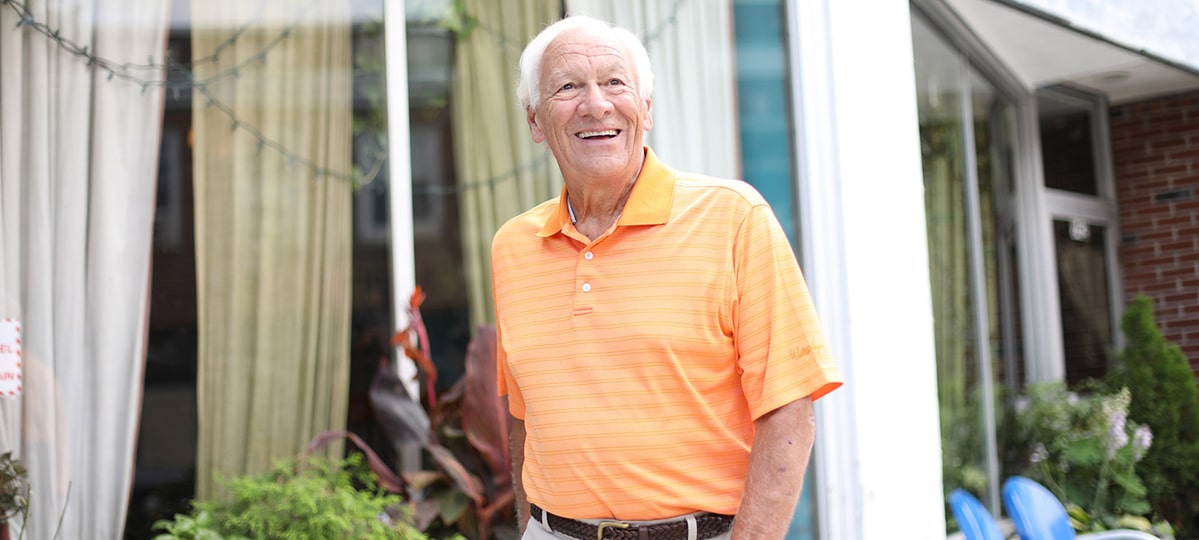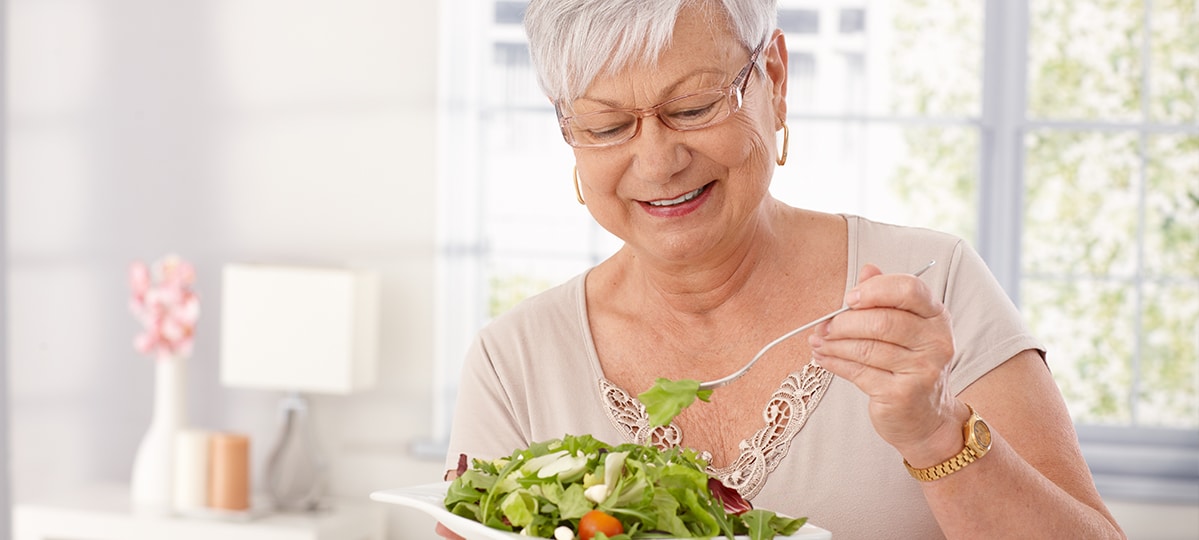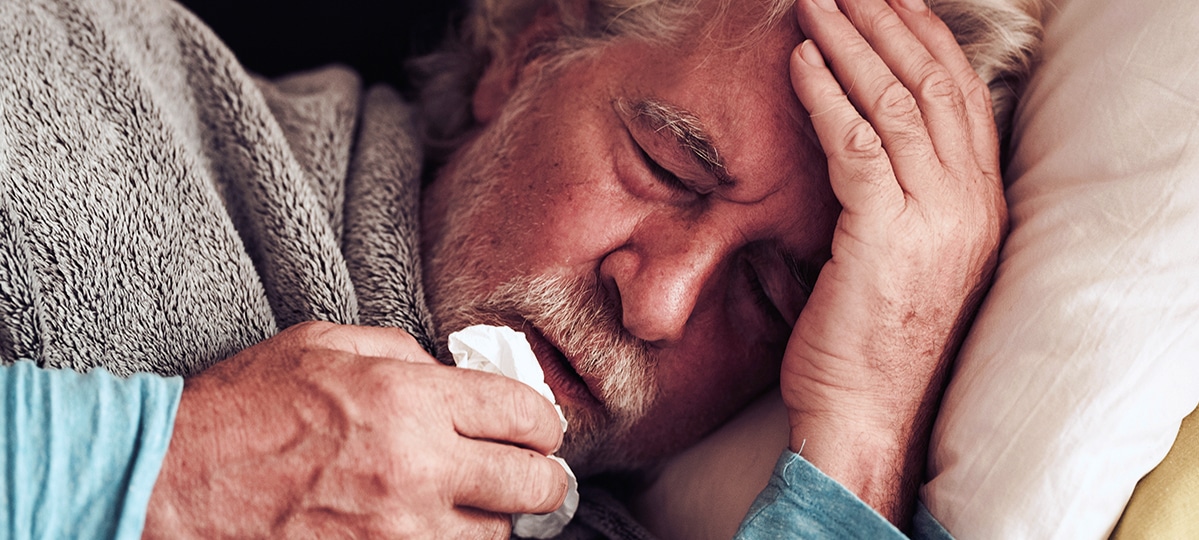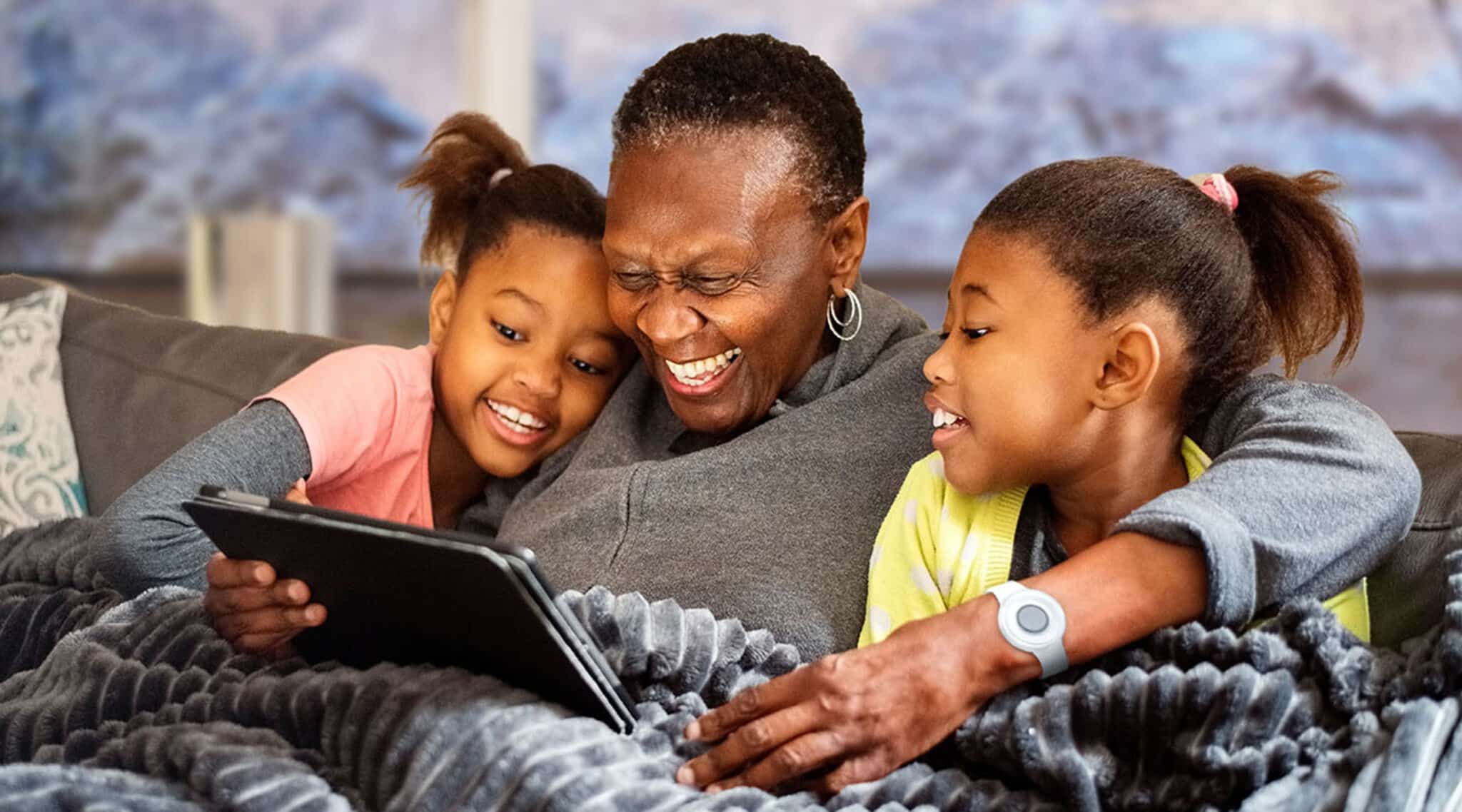Yes, it’s true you get better with age. Experts now debunk the myth that personalities are set in stone in childhood. Personalities are not only fluid and malleable, but many traits also improve with age.
Top 5 Traits That Can Peak During the Senior Years
Here are the top 5 traits that can peak during the senior years and ways to protect and bolster these traits.
Altruism
Helping others for the simple joy of seeing others benefit—without personal reward or recognition—is a capacity that increases as we age. Researchers are now able to identify pure altruism by examining when the reward centers of the brain light up as people run through tests of generosity. Reporting in the Journal of Experimental Psychology, researchers found that altruism is felt by less than 25% of people under age 35, while about 75% of people ages 55 and older experience pure altruism. Volunteering at least once a week is a great way to promote a feeling of altruism for all ages.
Agreeableness
This trait, which is associated with being warm, cooperative, and considerate, changes the most during a person’s thirties—but it continues to improve well into a person’s sixties. Experts believe the trend is tied to becoming better at managing a job and relationships during a person’s thirties. Most notable: raising a family deepens a person’s nurturing skills. Experts conclude that the myth of the grumpy old man is debunked. Ongoing nurturing efforts, whether directed toward family or friends, is one of the best ways to stay agreeable.
Willpower
This trait is defined by giving in to short-term temptations that derail long-term goals. Driving this trait is a sensitivity to emotional triggers, which can soften as we age, improving control of the decision-making functions of our brain. However, growth hinges on practicing three key behaviors: avoidance of excess drinking, consistent good sleep, and moderate exercise. In fact, just by exercising three times per week, people were more likely to:
- Eat more healthy foods
- Watch less television
- Save more money
- Procrastinate less
- Arrive on time to more appointments
Sense of Humor
Research shows that people 60 years and older enjoy humor more than those younger than that. Specifically, they experience a deeper and quicker positive emotional response to jokes. In addition, according to a study in Psychology and Aging, an age-related difference is found in the type of jokes enjoyed by seniors: they appreciate “affiliative” humor, while younger people tend to enjoy more aggressive humor. Affiliative humor involves characters cooperating to navigate an awkward situation. The Golden Girls is a good example of this form of humor in television. Movie examples include: The Hangover, Little Miss Sunshine, As Good as It Gets, Toy Story, and Flirting with Disaster.
Emotional Self-control
Extensive research has shown that older adults regulate emotions better as they age, says a report in Clinical Psychiatry. Experts attribute this improved stress management and emotional control to a key ability: Older adults have a “positivity effect” in attention and memory—they naturally show a better recall of and selective attention to positive information. This might explain the wisdom associated with seniors.
However, experts also note a risk to seniors: their greater emotional regulation is also vulnerable to age. Two key brain structures related to emotional regulation tend to deteriorate with age: the cognitive control network (CCN) and the default mode network (DMN). The CCN is involved in information processing and decision-making. The DMN is the “resting state” of the brain that’s active when people aren’t focused on a mental task in their environment; the resting state is the internal monologue we all experience as a collection of feelings, memories, and future imaginings. Experts say that seniors can help protect these important brain networks through regular exercise, ample sleep, social connections, and frequent reminders to feel and express gratitude.




